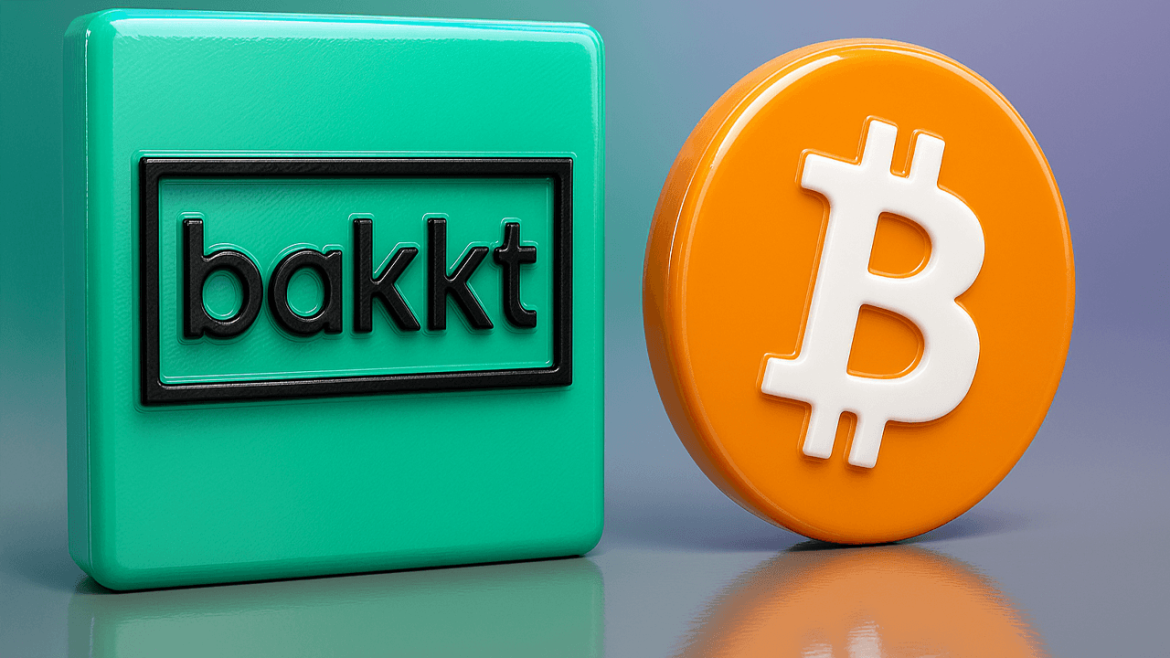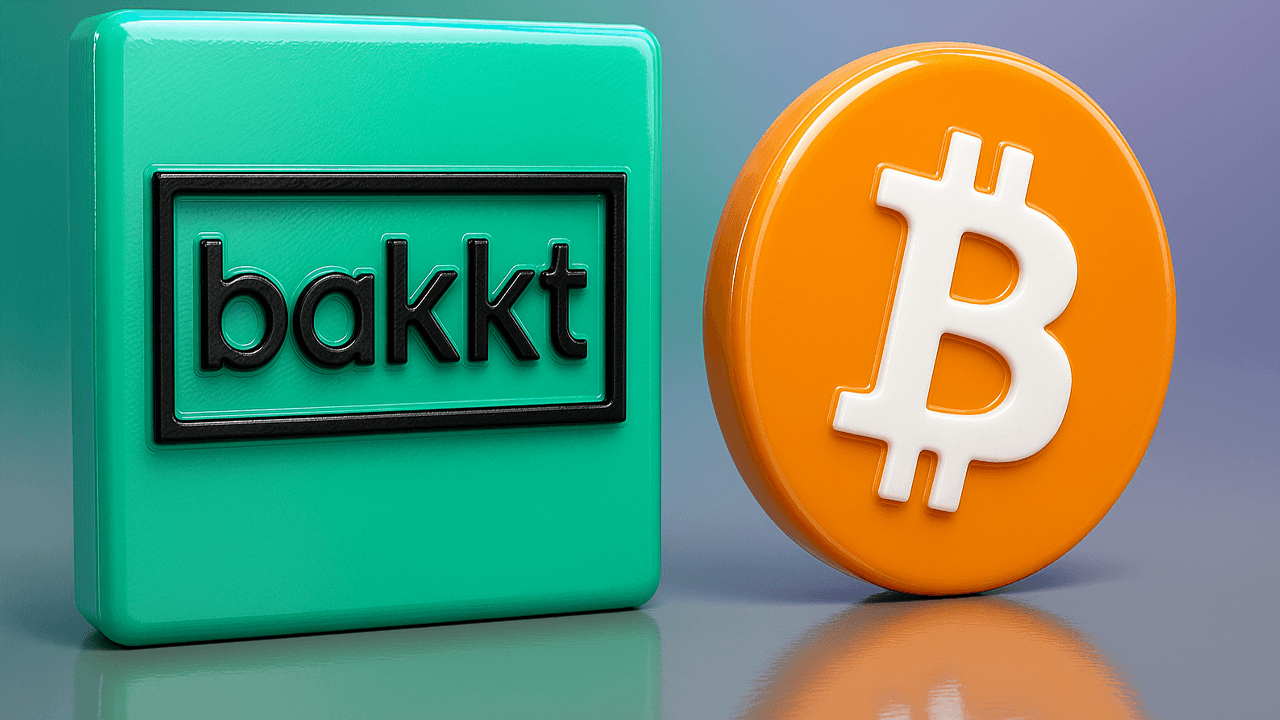The stage is set for a bold move in the digital asset arena. By filing for a $1 billion shelf offering with the U.S. Securities and Exchange Commission, Bakkt Holdings has signaled both ambition and adaptability. This strategic maneuver is not just a financial transaction but a statement of intent, reflecting the company’s confidence in the future of crypto finance. The move comes at a pivotal moment in the digital asset landscape, where institutional adoption is accelerating, regulatory clarity is improving, and market sentiment is shifting toward cautious optimism. Bakkt’s decision to pursue a shelf offering is a multifaceted play that could reshape its role in the crypto ecosystem and set a precedent for other financial institutions.
Understanding the Mechanics: What Is a Shelf Offering?
A shelf offering is a strategic tool that allows a public company to register securities with the SEC, enabling it to sell shares, bonds, or other financial instruments incrementally over time. This flexibility is crucial in dynamic markets, where timing and market conditions can significantly impact fundraising efforts. Bakkt’s $1 billion shelf registration provides the company with the agility to issue various securities—common stock, preferred stock, or debt instruments—whenever opportunities or needs arise. This approach allows Bakkt to capitalize on favorable market conditions, whether for expansion, acquisitions, or strategic investments in digital assets.
The shelf offering is particularly timely given Bakkt’s updated investment policy, disclosed in June 2025. This policy shift allows the company to acquire Bitcoin and other digital assets with cash on hand, marking a transformative moment in its corporate strategy. Previously, Bakkt’s capital allocation was primarily focused on traditional growth levers such as technology upgrades, talent acquisition, and mergers and acquisitions. However, the revised policy positions Bakkt as an active participant in the crypto economy’s capital flows, enabling it to diversify its treasury, make strategic token investments, and engage with new digital asset initiatives.
A Policy Shift with Far-Reaching Impact
The decision to allow Bakkt to hold Bitcoin and other digital assets is not merely administrative; it is a strategic pivot that aligns the company’s treasury management with its mission in the digital asset space. By holding Bitcoin directly on its balance sheet, Bakkt joins a select group of public companies experimenting with crypto treasuries. This move creates upside exposure to Bitcoin’s appreciation and reinforces Bakkt’s identity as a digital-native company.
The implications of this policy shift extend beyond Bakkt’s balance sheet. It signals to the market that the company is committed to integrating digital assets into its core strategy. This could enhance Bakkt’s credibility with partners, clients, and investors, positioning it as a leader in the evolving crypto finance landscape. Moreover, it sets a precedent for other financial institutions to consider digital assets as a legitimate component of treasury management, potentially accelerating the mainstream adoption of crypto.
Why Now? Timeliness and Strategic Calculus
Bakkt’s shelf offering and policy shift come at a critical juncture in the crypto market. Several factors contribute to the timing of this move:
The digital asset sector has evolved significantly since Bakkt’s launch in 2018. Institutional adoption is accelerating, driven by increased regulatory clarity and a shift in market sentiment from speculative mania to cautious optimism. This maturity provides a more stable environment for companies like Bakkt to make long-term strategic investments in crypto.
Market conditions in the crypto space can change rapidly. By securing a $1 billion shelf, Bakkt can tap into capital markets at opportune moments, whether to take advantage of market dips or to seize strategic opportunities. This flexibility is particularly valuable in a volatile market where timing can make a significant difference in investment outcomes.
Announcing a shelf offering of this magnitude sends a clear message to the market: Bakkt is not retreating from the crypto space but doubling down on its belief in the long-term potential of blockchain and digital assets. This confidence is likely to resonate with investors, partners, and clients, reinforcing Bakkt’s position as a leader in the industry.
Ripple Effects: How the Move Could Play Out
Bakkt’s shelf offering and policy shift could have far-reaching implications for the company and the broader crypto market. Several scenarios and impacts are worth considering:
By holding Bitcoin on its balance sheet, Bakkt can benefit from potential price appreciation while also signaling its commitment to the digital asset ecosystem. This move could attract other institutional investors to follow suit, further legitimizing Bitcoin as a treasury asset.
A billion-dollar war chest enhances Bakkt’s credibility and demonstrates its ability to weather industry cycles. This financial strength can attract top talent, forge strategic partnerships, and position Bakkt as a leader in the crypto finance space.
Bakkt’s move could inspire other fintech and exchange operators to explore similar strategies, accelerating the normalization of digital assets in corporate treasury management. This could mark a new phase where public companies increasingly allocate funds to crypto, further integrating digital assets into the mainstream financial system.
With a substantial cash reserve, Bakkt is well-positioned to pursue strategic acquisitions, forge partnerships, and invest in emerging technologies. This could expand its market reach, enhance its competitive position, and drive innovation in the crypto space.
Potential Risks and Challenges
While Bakkt’s shelf offering and policy shift present significant opportunities, they also come with risks that the company must navigate carefully:
The regulatory landscape for digital assets remains fluid, particularly around custody, reporting, and tax treatment. Any sudden regulatory changes could impact how Bakkt manages or reports its Bitcoin holdings, potentially creating compliance challenges.
Bitcoin’s price is known for its volatility, and purchasing at the wrong time could negatively impact Bakkt’s balance sheet. Managing this risk will require disciplined treasury practices and real-time market intelligence to make informed investment decisions.
Issuing new securities to raise capital can dilute existing shareholders. Bakkt will need to convince the market that the new capital will generate outsized returns, otherwise, there is a risk of share price pressure and negative investor sentiment.
Having access to capital is one thing; deploying it wisely is another. Bakkt’s management will be under scrutiny to ensure that capital allocation decisions deliver both financial returns and strategic growth.
A Closer Look: Aligning with Broader Crypto Trends
Bakkt’s shelf offering and policy shift align with several broader trends in the crypto industry:
The presence of Bitcoin treasuries at public companies is a clear indicator that digital assets are transitioning from a niche asset class to a mainstream financial instrument. This shift is driven by increasing institutional adoption and the growing recognition of crypto’s potential to reshape finance.
In an era of inflation, low interest rates, and macroeconomic uncertainty, companies are re-evaluating their treasury management strategies. Bitcoin and other digital assets are emerging as viable options for diversification, offering potential hedges against traditional financial risks.
Bakkt’s willingness to pivot from operating a platform to actively holding crypto highlights the convergence of technology and finance. The lines between exchanges, fintechs, and digital asset managers are blurring, creating new opportunities for innovation and growth.
Looking Ahead: What to Watch
Bakkt’s shelf offering and policy shift mark a decisive moment in the company’s evolution and the broader crypto landscape. Moving forward, several key factors will determine the success of this strategy:
– Disciplined Capital Allocation: Bakkt must demonstrate that its investments in digital assets and other strategic initiatives generate tangible returns. Clear communication about capital allocation decisions will be crucial to maintaining investor confidence.
– Regulatory Collaboration: Proactive engagement with regulators and industry partners will be essential to ensure compliance and foster market trust. This collaboration can help shape a regulatory environment that supports innovation while protecting investors.
– Performance Benchmarks: Setting clear benchmarks for performance will allow stakeholders to assess whether Bakkt’s bets on digital assets are paying off. Transparency and accountability will be key to sustaining long-term success.
Conclusion: A Decisive Moment in Crypto’s Corporate Story
Bakkt’s $1 billion shelf offering is more than a financial maneuver; it is a bold statement of belief in the future of digital assets. By aligning its treasury policy with its mission, Bakkt is redefining what it means to be a next-generation finance company. This move sets a precedent for other public companies to explore and adopt digital assets as core elements of their strategies.
Whether Bakkt’s bet on crypto pays off remains to be seen, but the company has already moved the conversation forward. The question is no longer “if” corporates will engage deeply in crypto but “how boldly” they will do so. For Bakkt and its peers, the real game is just beginning, and the implications for the future of finance are profound.





